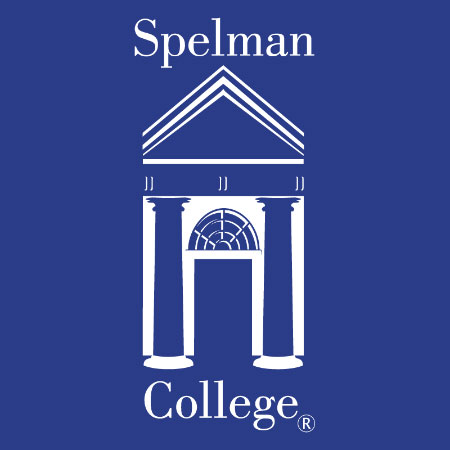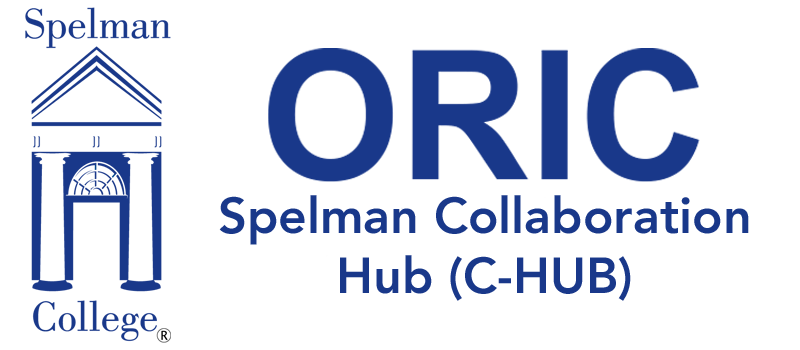
Faculty Name
Jerry Pendrick, Ph.D.
Title
Lecturer
Department
World Languages and Cultures
Phone
404-377-1679
Office Location
Camille Olivia Hanks Cosby, Ed.D. Academic Center
Education
Ph.D., M.Phil., M.A., B.A., Columbia University in the City of New York
Biography
As a trained specialist in classical languages, literature and culture, Jerry Pendrick, Ph.D., has devoted his career to extending the boundaries of our knowledge of the ancient world as well as to fostering in students knowledge, awareness and appreciation of that world through the study of classical languages and literature. As the British novelist L. P. Hartley famously said, “The past is a foreign country; they do things differently there.”
As an undergraduate student, Dr. Pendrick attended Columbia College (of Columbia University) and was fortunate to be exposed to basic masterpieces of world literature in Columbia’s core curriculum “Literature Humanities” courses—the oldest such curriculum in the United States, founded in 1919. Later, as a young faculty member at Columbia, he had the privilege of teaching this curriculum as well. These experiences profoundly impacted Dr. Pendrick and instilled a life-long conviction of the value and importance of handing on the knowledge and appreciation of these works to new generations of students.
Dr. Pendrick's philosophy of instruction in the teaching of classical languages is to assume absolutely no prior knowledge on the part of students. He strives to explain every single term and concept used in the study of Latin, from the simplest items (e.g., nouns and verbs) to complex concepts such as relative clauses, subjunctive verbs, and the use of grammatical cases. He always attempts to explain Latin grammar terms and concepts starting from English, and thereby to move from what the student already knows to what she does not yet know. To learn by proceeding from the known to the unknown has been a fundamental methodology of instruction since the dawn of higher education in the (Latin-speaking) medieval universities.
Student evaluations of Dr. Pendrick's classes attest to their appreciation of the from-the-ground-up approach he takes in language courses. In general, he strives to make all his classes a user-friendly experience for students, while maintaining high standards of academic expectation.
Courses Taught
Latin 101
Latin 102
Latin 201
Latin 202
Research Interests
Ancient Philosophy
Ancient Medicine and Rhetoric
The New Testament
Publications
BOOKS
"Antiphon the Sophist: The Fragments," Cambridge Classical Texts and Commentaries vol. 39, Cambridge University Press, 2002; paperback edition 2010
ARTICLES
“Antiphon of Rhamnous,” in R. Bagnall et al., edd., The Encyclopedia of Ancient History, 13 vols., Wiley-Blackwell, October 2012
“Antiphon the Sophist,” in G. Irby-Massie, ed., Biographical Encyclopedia of Ancient Natural Scientists (Routledge, 2009)
“The Sophistic nomos-physis Antithesis and Natural Law,” in Apostolos L. Pierris, ed., Physis and Nomos: Power, Justice and the Agonistical Ideal of Life in High Classicism (Institute for Philosophical Research, Patras, 2007): 261–68
Review of M. Gagarin, "Antiphon the Athenian" (Austin, 2002), Classical World 2005 “Timaeus 52 C 2-5,” Classical Quarterly 48 (1998), 556–59
“Plato and ῥητορική,” Rheinisches Museum 141 (1998), 10–23
“μονογενής,” New Testament Studies 41 (1995), 587–600
“The Ancient Evidence on Antiphon Reconsidered,” Greek, Roman, and Byzantine Studies 34 (1993), 215–28
“A Note on Galen and Asclepiades,” Mnemosyne 47 (1994), 226–29
“A Note on [Hipp.] 'De morb. II' 4,” Classical Quarterly 44 (1994), 278–80
“Two Notes on 'Ulysses',” James Joyce Quarterly 32 (1994), 105–7
